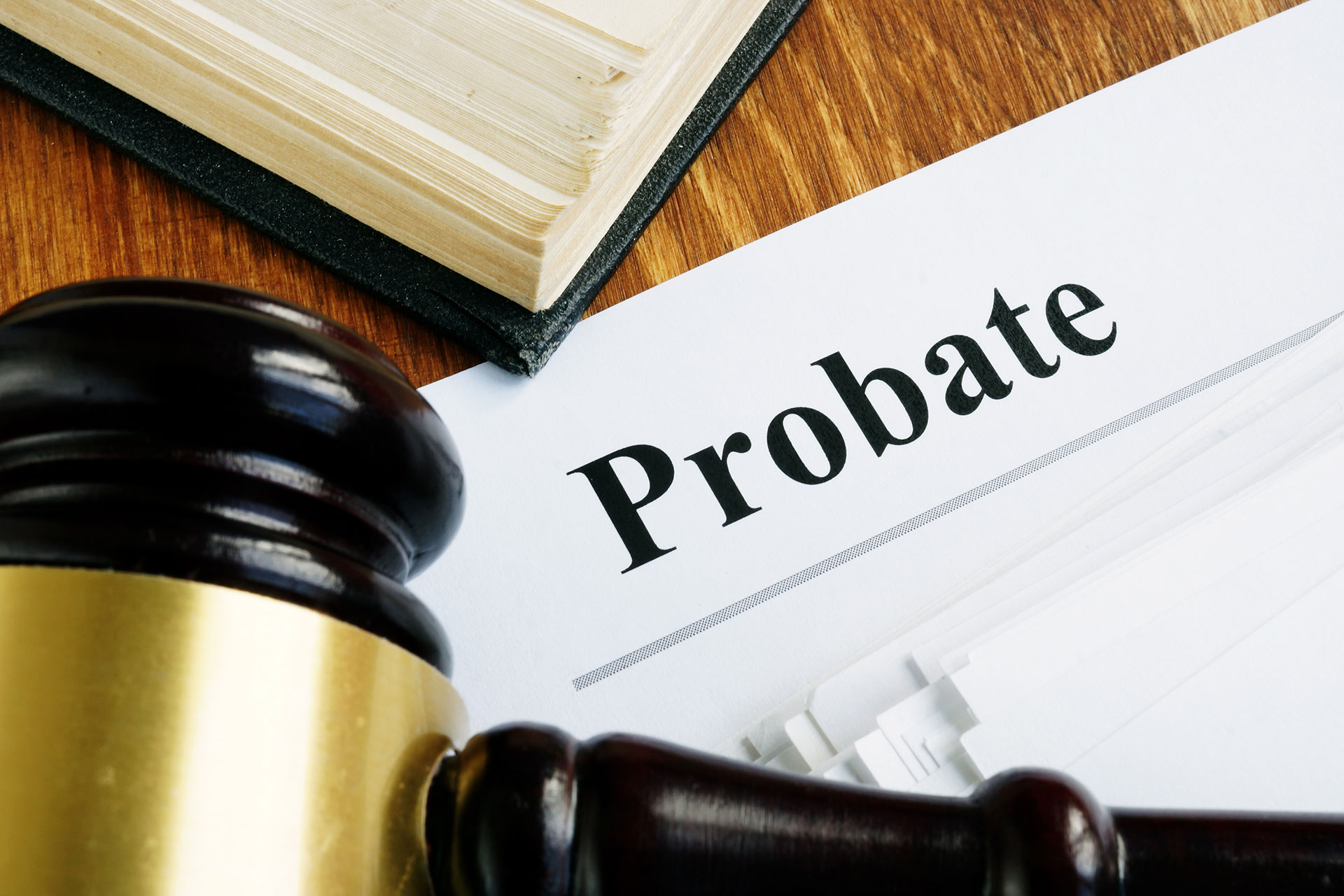As an estate planning attorney, one of the most common misconceptions I hear is, “I have a Will, so my family will avoid a probate proceeding.” This is simply not the case. Having a Will alone will not keep your estate from going before a probate court. A Will simply allows you to direct how your assets are dispersed and who gets them.
Whether or not an estate will be probated depends on what assets the decedent (the person who has died) owns at the time of death and how they owned them. Assets that are left only in the decedent’s name are probate assets, and assets that are owned jointly with someone else or have a payable on death beneficiary attached to them are considered to be non-probate.
Here are some common examples:
Non-probate:
- Mr. and Mrs. Smith’s joint bank account
- Grandma and Grandpa’s house on Main Street owned as joint tenants
- Dad’s retirement account that lists Mom as the pay on death beneficiary
Probate:
- Grandma’s house that she inherited after Grandpa died that’s only in her name
- The farmland that Mr. Jones bought without his wife because she isn’t a farmer
- Mrs. Wilson’s bank account that she owns by herself after her husband died
If you have more questions regarding the status of your existing estate plan or want to start the process of creating a new one, please contact Joshua Perry with the contact information below.
